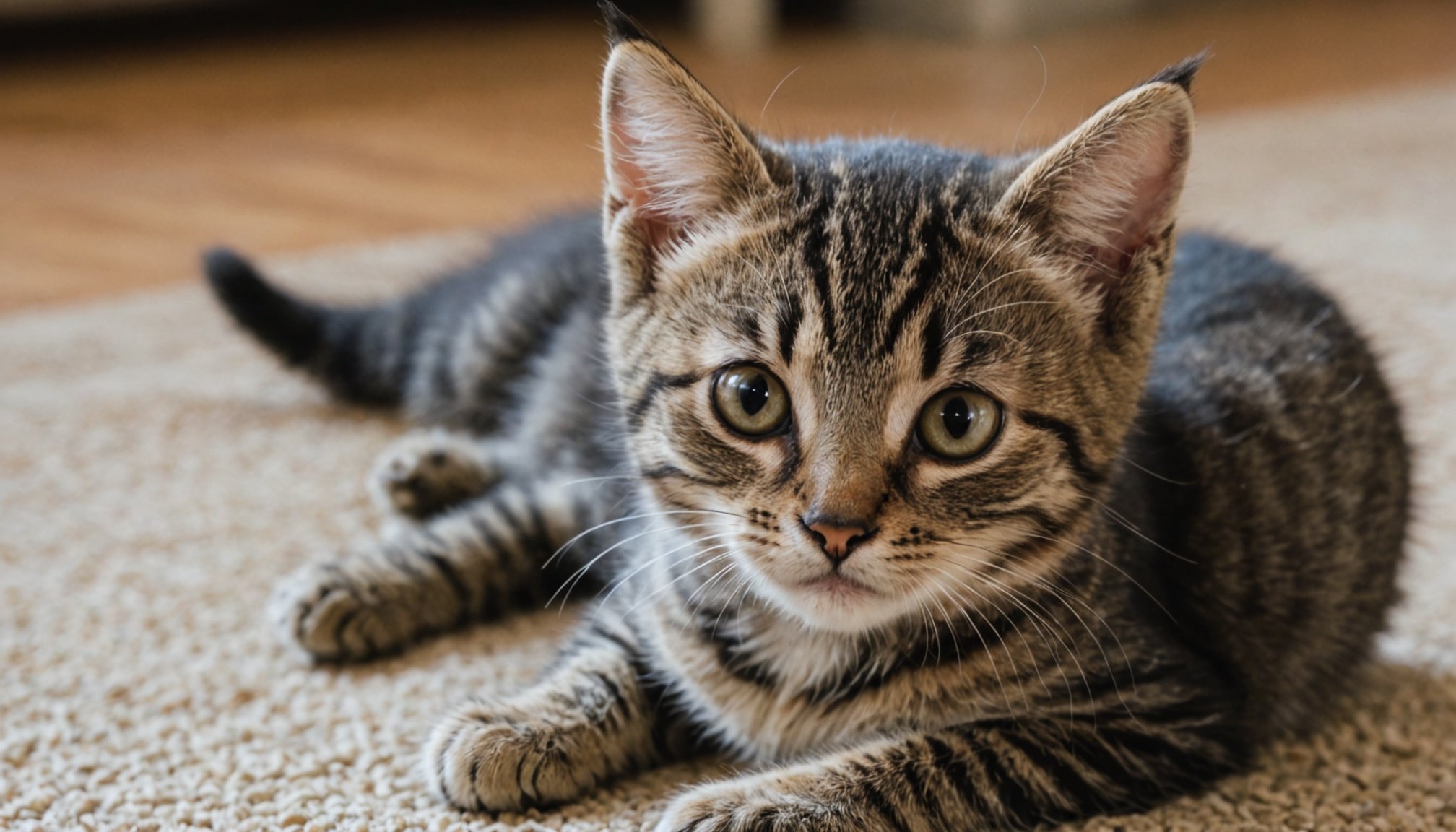When you welcome a kitten into your home, you’re also taking on the delightful responsibility of ensuring they grow into a well-adjusted cat. Successful socialization is critical to achieving this goal, especially in those crucial early weeks. This article examines effective techniques for socializing your kittens to prevent behavioral issues that could arise later in life. Understanding and implementing these methods can lead to positive experiences for both you and your pet.
The Importance of Early Socialization
Socialization is an essential part of a kitten’s development. During the initial weeks of life, a kitten’s brain is remarkably adaptable, making this the perfect time for exposure to various stimuli. The socialization process involves introducing your kitten to different people, pets, environments, sounds, and experiences. This exposure helps them learn to adapt to new situations positively, preventing fears that can lead to behavioral issues later.
Also to read : What should you include in a pet emergency kit for unexpected situations?
If kittens miss this critical period of social development, they may grow up to be fearful or aggressive, affecting their interactions with humans and other animals. A confident cat is more likely to engage in play, explore their environment, and form bonds with their owners. By focusing on socialization during these formative weeks, you’ll not only improve your kitten’s temperament but also enhance their overall quality of life.
Techniques to Socialize Your Kitten
To ensure effective socialization, you can adopt several techniques that cater to your kitten’s needs. Here are some strategies:
This might interest you : What are the best practices for introducing a new pet to your home environment?
-
Gentle Exposure: Begin by introducing your kitten to different people, including children, men, and women. Allow them to interact with your kitten at their own pace, using soft voices and gentle movements. This will help your pet associate positive experiences with new faces.
-
Playtime with Toys: Engaging your kitten in play with various toys encourages them to explore and express themselves. Use interactive toys that mimic prey, such as feather wands or balls, to stimulate their hunting instincts in a safe environment. This kind of play also teaches your kitten how to interact with others and respond to movements around them.
-
Introduce Other Pets Gradually: If you have other pets, it’s crucial to introduce them to your kitten slowly. Start by allowing them to sniff each other under a door, gradually allowing them to see one another through a gate before a full introduction. Supervise their interactions to prevent any aggressive behavior and to monitor the kitten’s reactions.
-
Varied Surroundings: Expose your kitten to different locations within your home and gradually introduce them to outdoor environments, if safe. This exposure helps them adapt to various settings and noises, making them comfortable with change.
-
Positive Reinforcement: Always reward your kitten for good behavior during these interactions. Whether through verbal praise or treats, positive reinforcement encourages them to repeat those behaviors in the future.
By implementing these techniques, you continue to build your kitten’s confidence and social skills, setting them up for a lifetime of healthy interactions.
Establishing Routine and Structure
A structured routine can significantly aid in the socialization process. Kittens thrive on predictability, and establishing a daily schedule helps them feel secure. Incorporate specific times for feeding, play, and rest to create a stable environment for your pet.
During playtime, you should focus on specific activities that encourage interaction, such as using toys that require joint participation. Games like hide-and-seek or chasing a laser pointer not only entertain your kitten but also foster bonding. Consistent playtime reinforces your role as a source of comfort and fun, which positively influences your kitten’s perception of you and the world around them.
In addition to play, it’s essential to create positive experiences during feeding. Use high-quality food to entice your kitten and make mealtime enjoyable. Gradually introduce them to various textures and flavors to expand their palate and reduce fussiness as they grow.
As your kitten becomes accustomed to routines, they will start to feel more secure and confident in their environment. This sense of security is integral to socialization, as a confident kitten is more open to exploring new situations and meeting new friends.
Monitoring and Adjusting Socialization Techniques
As your kitten grows and develops, it is crucial to monitor their progress and adjust your socialization techniques accordingly. Each kitten is unique, and some may require more time or different approaches than others.
If you notice signs of fear or aggression during interactions, don’t rush the process. Instead, take a step back and allow your kitten to acclimate at their own pace. Gradually reintroduce them to the situation, ensuring that each encounter is a positive experience.
Keep track of your kitten’s reactions to various stimuli. If certain sounds or environments trigger anxiety, consider limiting exposure to those factors until your pet feels more secure. Over time, you can reintroduce these elements to help your kitten learn to cope with them.
Additionally, consider seeking professional help if you encounter persistent behavioral issues. A veterinarian or animal behaviorist can provide tailored advice and assistance in your socialization efforts. Engaging in basic training classes can also offer both you and your kitten essential skills and tools to navigate social situations more confidently.
In conclusion, the socialization of your kitten is a vital investment in their future well-being. By adopting various techniques, establishing a routine, and monitoring their progress, you can foster a confident and well-adjusted cat. Positive experiences during the crucial weeks of development will lead to a lifetime of healthy interactions and fewer behavioral issues, allowing both you and your pet to enjoy a harmonious relationship.
Remember, socialization is an ongoing process. Continue to expose your cat to new experiences throughout their life to maintain their adaptability and happiness. By doing so, you ensure that your kittens grow into the affectionate, playful companions you envision.











